Calls for Ukraine
Calls for Europe
Calls for USA
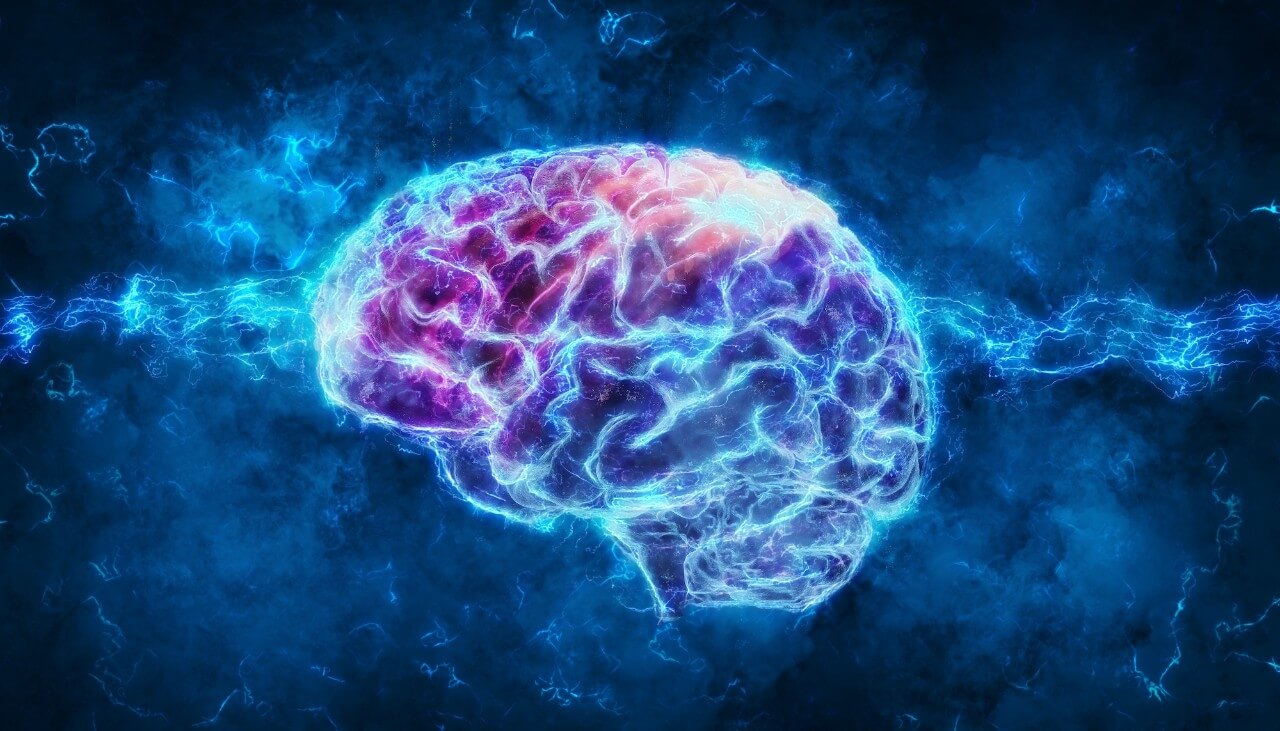
Stroke is the second leading cause of death in the world and one of the leading causes of disability. According to the World Health Organization, 15 million people worldwide suffer a stroke every year. Of these, 5 million die and another 5 million remain disabled. Motor and cognitive disorders, such as hemiparesis, paralysis, chronic pain, and psychomotor and behavioral symptoms, can persist for a long time and significantly reduce the quality of life of patients.
Standard rehabilitation interventions after a stroke may include physical therapy, speech therapy, medications, psychological support and other methods. Their main goal is to help the patient return to normal life. However, rehabilitation is a rather complex process that does not always lead to complete recovery of patients.
Relatively recently, innovative methods of rehabilitation using stem cells have appeared. After a stroke, millions of neurons in the brain die within minutes. Dead cells cannot be restored, but some tissue around the affected area remains alive but not functioning. Research has shown that the introduction of stem cells helps restore the function of these tissues by stimulating regenerative processes and reducing inflammation.
MedTour company cooperates with leading clinics that use cellular technologies to restore patients after acute circulatory disorders. If you are interested in an innovative rehabilitation method, contact us by phone or using the feedback form.
A whole team of medical specialists is involved in the recovery process, which includes: neurologists, clinical psychologists and neuropsychologists, occupational therapists, physiotherapists, psychiatrists, rehabilitation nurses, social workers and speech therapists.
The post-stroke rehabilitation program includes activities aimed at improving:
Rehabilitation using cell technologies is aimed at restoring brain tissue by stimulating neurogenesis (the formation of new neurons), collagenogenesis (the growth of new blood vessels) and stopping the inflammatory process.
After a stroke, you need to take certain precautions to prevent another stroke or worsening of the condition. Doctors recommend to patients:
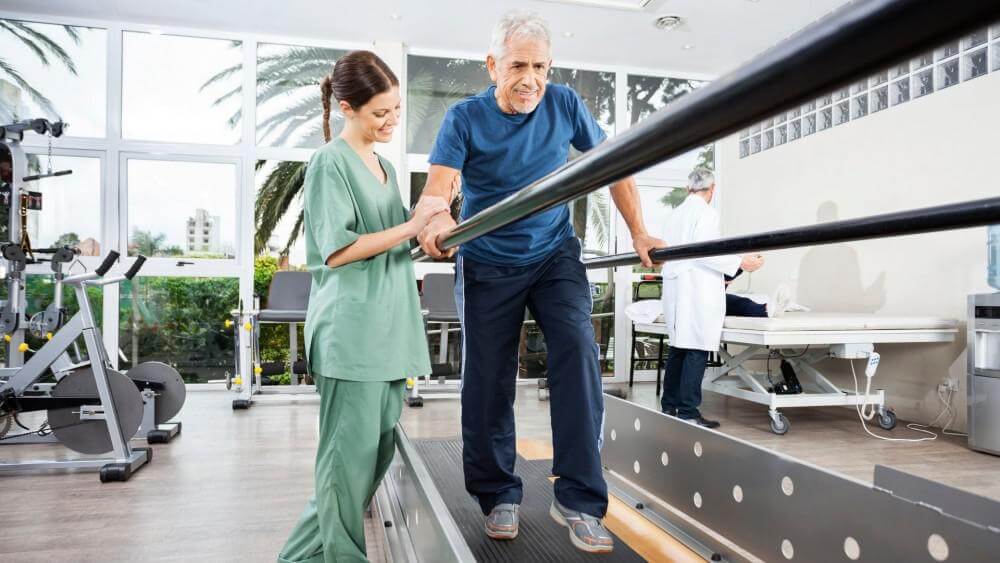
This is a set of measures aimed at restoring impaired body functions. The goal of rehabilitation therapy is to help the patient overcome the consequences of a stroke.
The rehabilitation program may include:
Depending on the nature and severity of the consequences of a stroke, the patient may need an individual approach to rehabilitation therapy.
More recently, scientists have discovered that the human brain is capable of restoring lost connections after damage. They called this property neuroplasticity. Rehabilitation activities (physical therapy, occupational therapy, speech therapy, etc.) stimulate the brain to restore neural connections. However, this is not an easy process and requires a lot of effort, time and patience.
The duration of the rehabilitation period after a stroke depends on many factors, including the age of the patient, the initial severity of his condition, the presence of other diseases, and the timing of the start of recovery measures.
As a rule, the first months after an acute disruption of the blood supply to the brain are the most important in the recovery period. With adequate medical care, significant improvements in function may be noticeable within weeks or months.
However, the recovery period may last many years and in some cases may not lead to complete recovery. That is why scientists are currently actively looking for new methods of rehabilitation after stroke, and cell therapy is one of the most promising areas in this area.
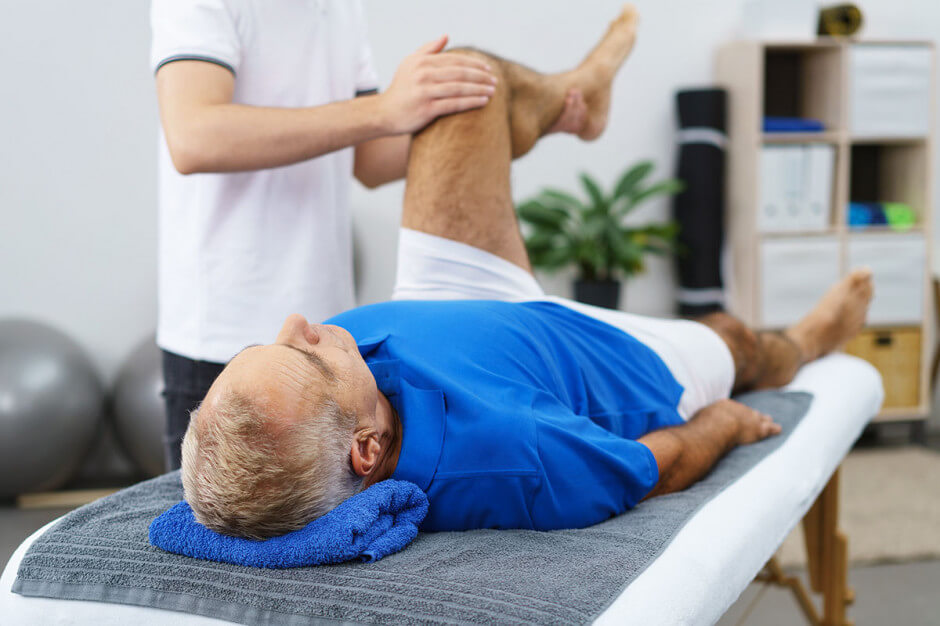
post-stroke recovery
Recovery of bedridden patients after a stroke is a complex process that requires special attention from rehabilitation doctors. Its main purpose is to prevent complications that may arise from prolonged immobilization. These include: congestion in the lungs, increased risk of pneumonia, bedsores, swelling, convulsions, indigestion.
Physical therapy is one of the main methods of recovery for bedridden patients. It includes a variety of exercises that help strengthen muscles and joints and improve mobility. Cell therapy can also help speed up recovery. Stem cells not only stimulate neuroplasticity (the process of restoring neural connections) but also have an overall positive effect on the body, reducing inflammation and preventing the development of complications.
An acute cerebral circulatory disorder can lead to a variety of consequences, depending on which part of the brain is damaged and how severely it is damaged. These include:
Treatment of the consequences of a stroke is rehabilitation measures. The recovery program is compiled individually for each patient, taking into account the characteristics of his condition.
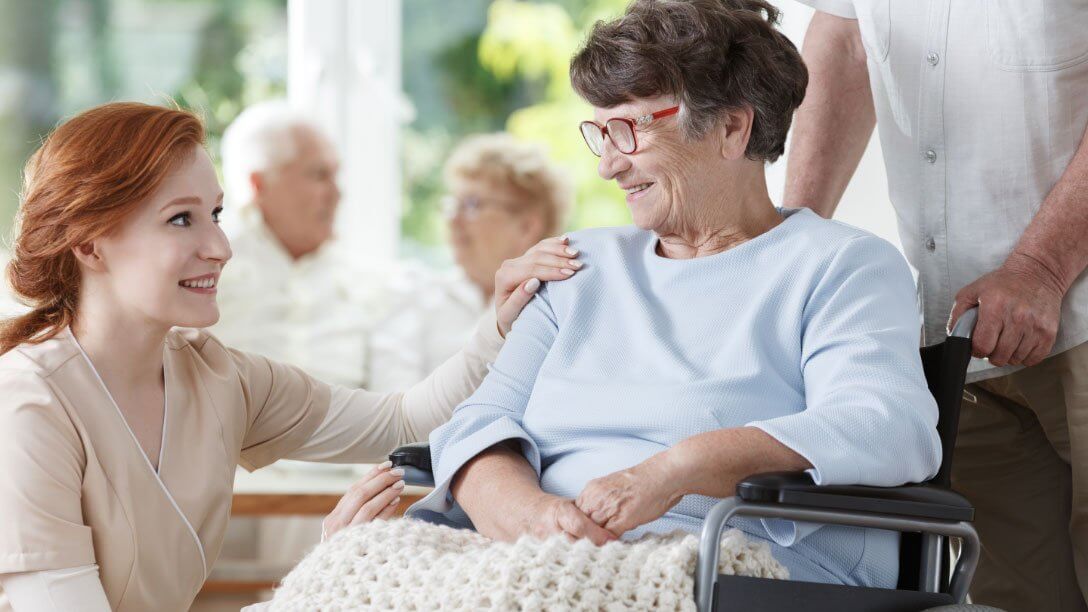
Many patients experience emotional and psychological difficulties such as depression, anxiety, social isolation, decreased self-esteem and worry about the future. Psychological help helps them cope with these problems. It may include individual or group psychotherapy sessions, consultations with psychologists and neuropsychologists, support from family and friends, participation in rehabilitation groups and other forms of support.
The goals of psychological care after stroke depend on the needs of the patient. The main goal is to help him overcome emotional and psychological problems, focusing on successful recovery. Psychologists also help patients develop new coping strategies that will help them better cope with the changes that occur after a stroke.
Cell therapy is a relatively new treatment method that still causes a lot of controversy. The main one is the source of stem cells. Many people assume that they are obtained from embryos (abortion material) and consider this method unethical. Previously, scientists really actively studied embryonic stem cells. But in recent years, science has advanced significantly. Today it is known that mesenchymal stem cells are found in many tissues of the human body, including bone marrow, adipose tissue and even circulating blood. They are taken from the patient himself, after which they are multiplied in the laboratory and introduced back into the bloodstream.
Stem cells are capable of differentiating into all types of cells. Previously, this was precisely what explained their beneficial effect on the body. However, today scientists think differently. They are confident that stem cells do not replace damaged brain tissue (dead neurons). But, instead, they release a variety of trophic factors, such as vascular endothelial growth factor, insulin-like growth factor, brain-derived neurotrophic factor and other proteins that stimulate brain neuroplasticity and repair mechanisms.
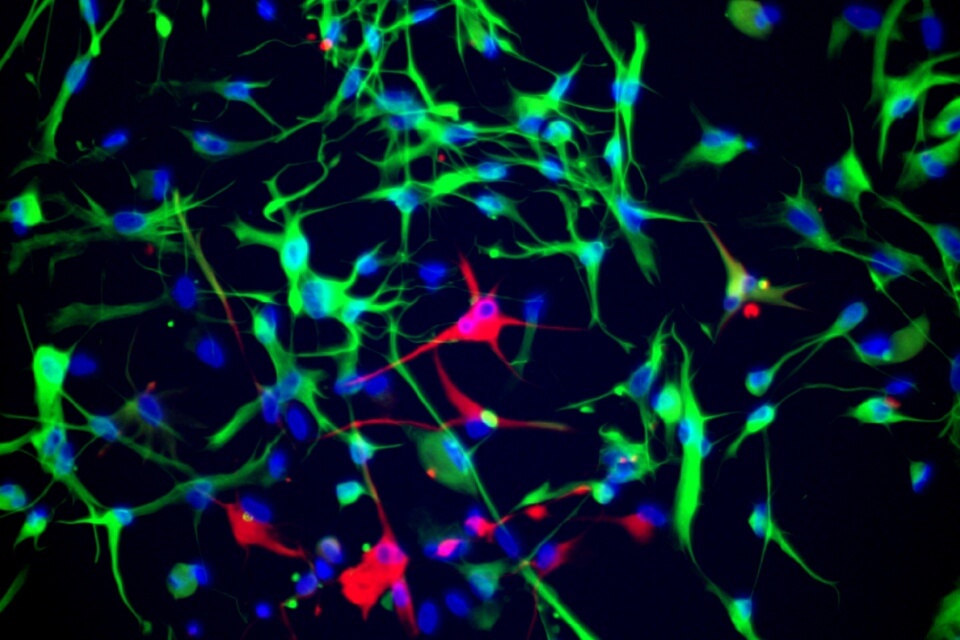
Numerous studies have been conducted that demonstrate the effectiveness of cell therapy in recovery from stroke. For example, in 2021, Korean scientists found that intravenous infusion of stem cells helps restore motor skills after an ischemic stroke.
In 2023, scientists from Turkey, in collaboration with colleagues from the United States, also studied the effectiveness of intravenous injections of stem cells in patients who had suffered a stroke. The article reviewed several clinical cases showing that cell therapy helped patients regain motor skills, swallowing reflex and muscle strength, even when the injections were given several years after the stroke. Some patients who were bedridden were able to get up and move independently some time after cell therapy. All this proves the enormous potential of this innovative treatment method.
MedTour company cooperates with the world’s best clinics engaged in post-stroke rehabilitation of patients. Currently, we offer patients unique restoration methods using cellular technologies. Call or fill out the feedback form. The coordinating doctor will contact you shortly, answer all questions and help organize treatment.
This is a set of measures that help patients speed up recovery at home. It includes physical and speech exercises, psychological support, adherence to diet and medication schedule, and prevention of recurrent stroke. The attending physician and a rehabilitation doctor draw up a home recovery program. It is important to strictly adhere to their recommendations to achieve optimal results.
Today, many clinics offer effective sanatorium-resort post-stroke recovery programs. MedTour medical coordinators will advise you free of charge and select the best medical institutions based on your individual needs. We are also currently offering a unique option for post-stroke rehabilitation using stem cells. Call the phone number listed on the website or fill out the feedback form to learn more about innovative treatment!
MedTour cooperates with leading doctors who are involved in the recovery of patients after a stroke. If you are interested in the possibility of using cell therapy, you can consult online with rehabilitation doctor Ivan Badyin, Candidate of Medical Sciences, who has been treating and restoring the body with stem cells for more than 20 years.
Please rate the work of MedTour
